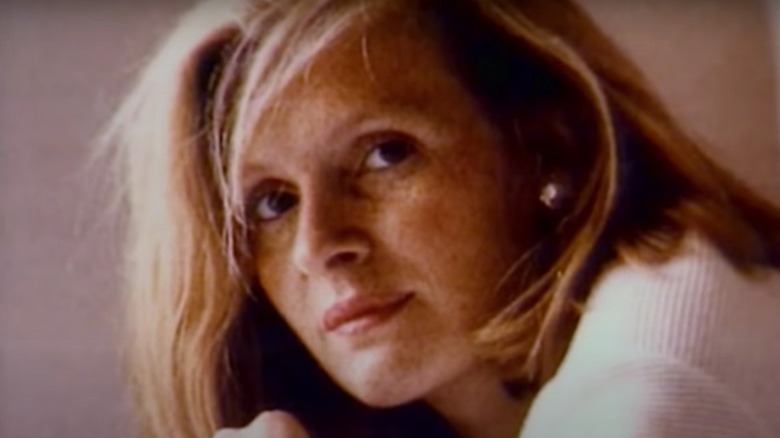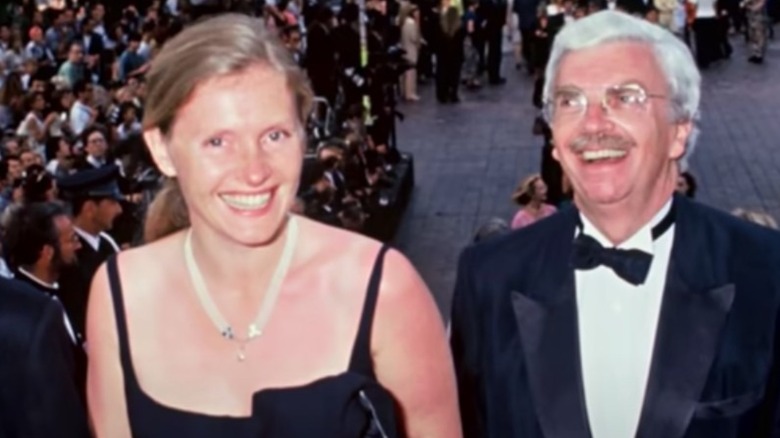What Sophie Toscan Du Plantier's Life Was Really Like
Twenty-five years ago a French producer on vacation in West Cork, Ireland, was murdered. "Sophie: A Murder in West Cork," a new Netflix three-part, true-crime series revisits the brutal killing and the circumstances around 39-year-old Sophie Toscan du Plantier's death.
The investigation of her murder is filled with strange twists, including the conviction of Ian Bailey in a Parisian criminal court in 2019, according to Esquire. Although he received a 25-year sentence in absentia, Bailey has never served a day, since Ireland's High Court ruled against extradition. He consistently claimed innocence.
Sophie spent time in Ireland during her childhood and purchased a holiday place there. She lived in Paris with her husband, Daniel, and a 15-year-old son from her first marriage. She took a quick solo trip to her cottage just before Christmas in 1996.
Her neighbor found her beaten body on December 23. Her skull was crushed and a bloodstained slate rock was found near it, reported Radio X. Bailey lived three miles away and sported cuts and scratches the day after Sophie's death. "Sophie was much more than a victim of a murder," said Suzanne Lavery and Simon Chinn, executive producers of the Netflix documentary, in the U.S. Sun. "She was a mother, a daughter, a sister, a filmmaker and a writer. Whatever actually happened on that cold December night in 1996, the story is one of a collision of worlds, cultures and characters and it was that which drew us to it."
A social yet solitary life
Daniel and Sophie had met at work. She spent time as the famous film producer's associate. He had provided financing for directors like Ingmar Bergman ("Fanny and Alexander"), Federico Fellini ("Casanova," "And the Ship Sails On," "City of Women"), and François Truffaut ("The Last Metro"), according to The Guardian.
Daniel was 16 years older than Sophie, and was married twice before the two became romantically attached in 1988, according to The Irish Sun. He described her in the publication as "very dynamic. She was a young, impulsive woman, sometimes to the point of being aggressive and would not be in the habit of letting herself be walked on. In effect she was more than a tough character, with a strict moral code, who feared nothing."
He also said that she disliked gossip and loved African art, so much so that she produced a piece on the subject the year she died. Their marriage was described as happy.
"She was everything," said her son, Pierre-Louis to the Independent. "I am an only child and my parents divorced when I was one, so I lived with her. We were very close. She wasn't just the wife of a French producer. She was arty and intellectual. She was very social but more than half of her was solitary: writing, thinking, meditating."

